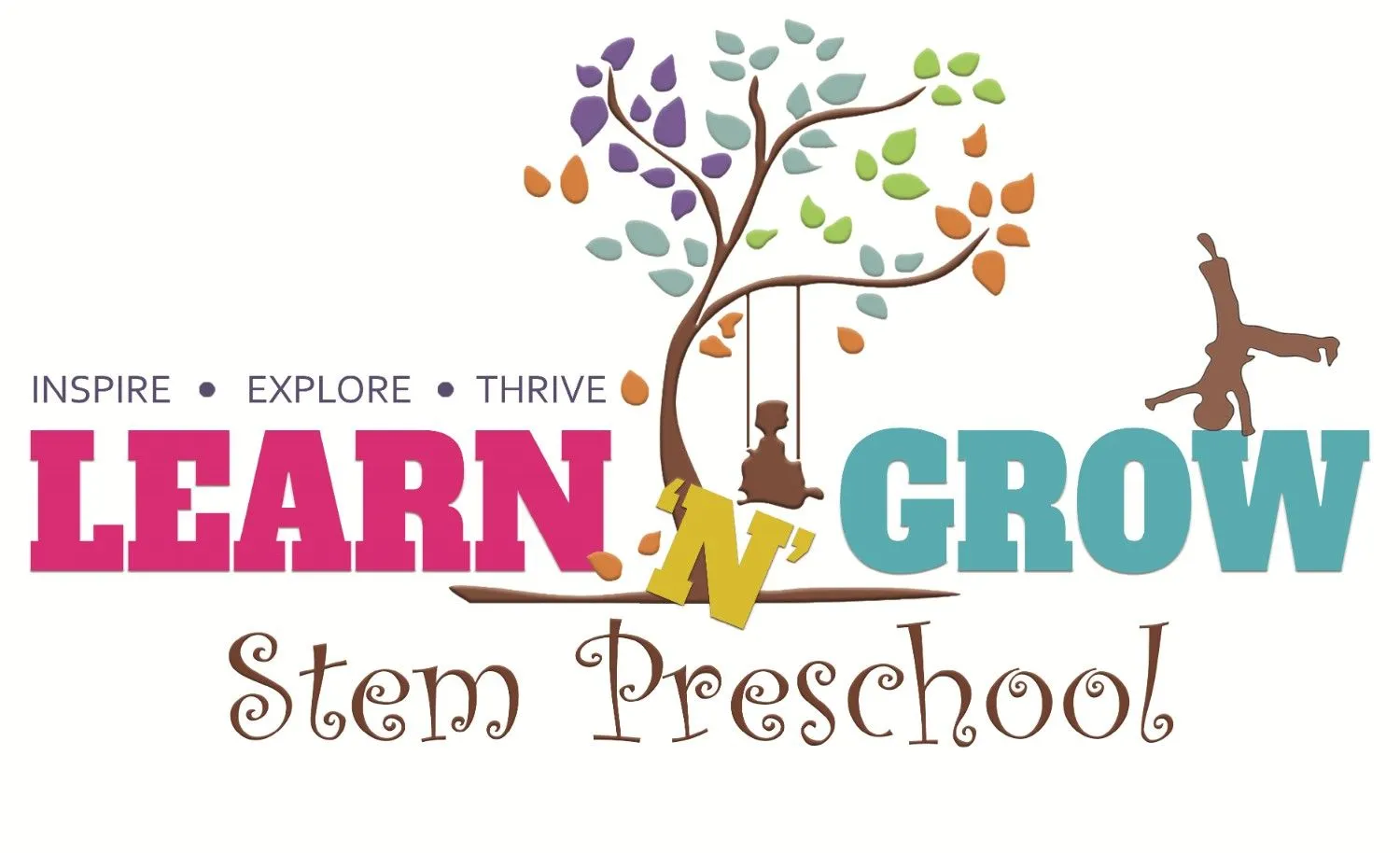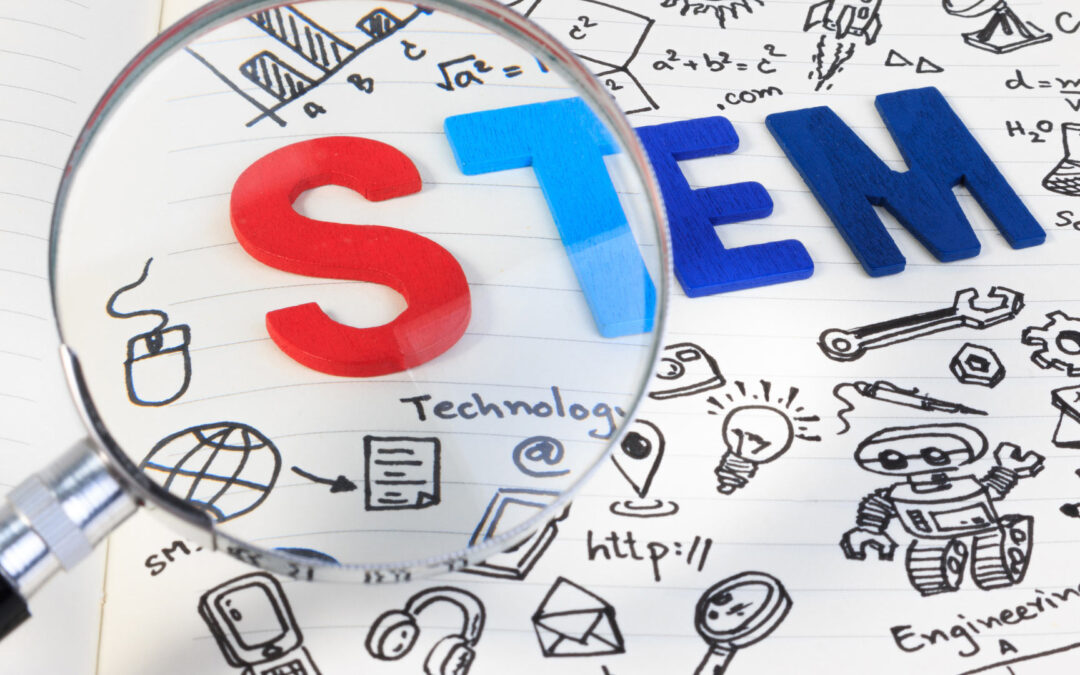In addition to science, technology integration in preschool fosters digital literacy and problem-solving skills. By introducing age-appropriate educational tools, preschoolers begin to develop familiarity with technology and learn to use it as a tool for learning and exploration.
Engineering activities in preschool encourage creativity, critical thinking, and spatial reasoning skills. Through building blocks, construction sets, and open-ended design challenges, preschoolers learn to plan, design, and create their own solutions to real-world problems. By exploring concepts such as balance, stability, and structural integrity, preschoolers develop a foundational understanding of engineering principles that will serve them well in later academic pursuits
Mathematics instruction in preschool lays the groundwork for numeracy skills and mathematical thinking. Through games, puzzles, and hands-on activities, preschoolers develop a strong foundation in counting, sorting, patterning, and shape recognition. By incorporating math concepts into everyday experiences, such as measuring ingredients during cooking or sorting toys by size, preschoolers develop a positive attitude towards math and see its relevance in their daily lives.
Overall, STEM education in preschool delivers a holistic learning experience that prepares children for success in school and beyond. By fostering curiosity, creativity, and critical thinking skills, preschoolers are empowered to become lifelong learners and problem solvers. Through engaging and developmentally appropriate STEM activities, preschoolers not only gain a solid understanding of science, technology, engineering, and mathematics but also develop a love for learning that will last a lifetime.

